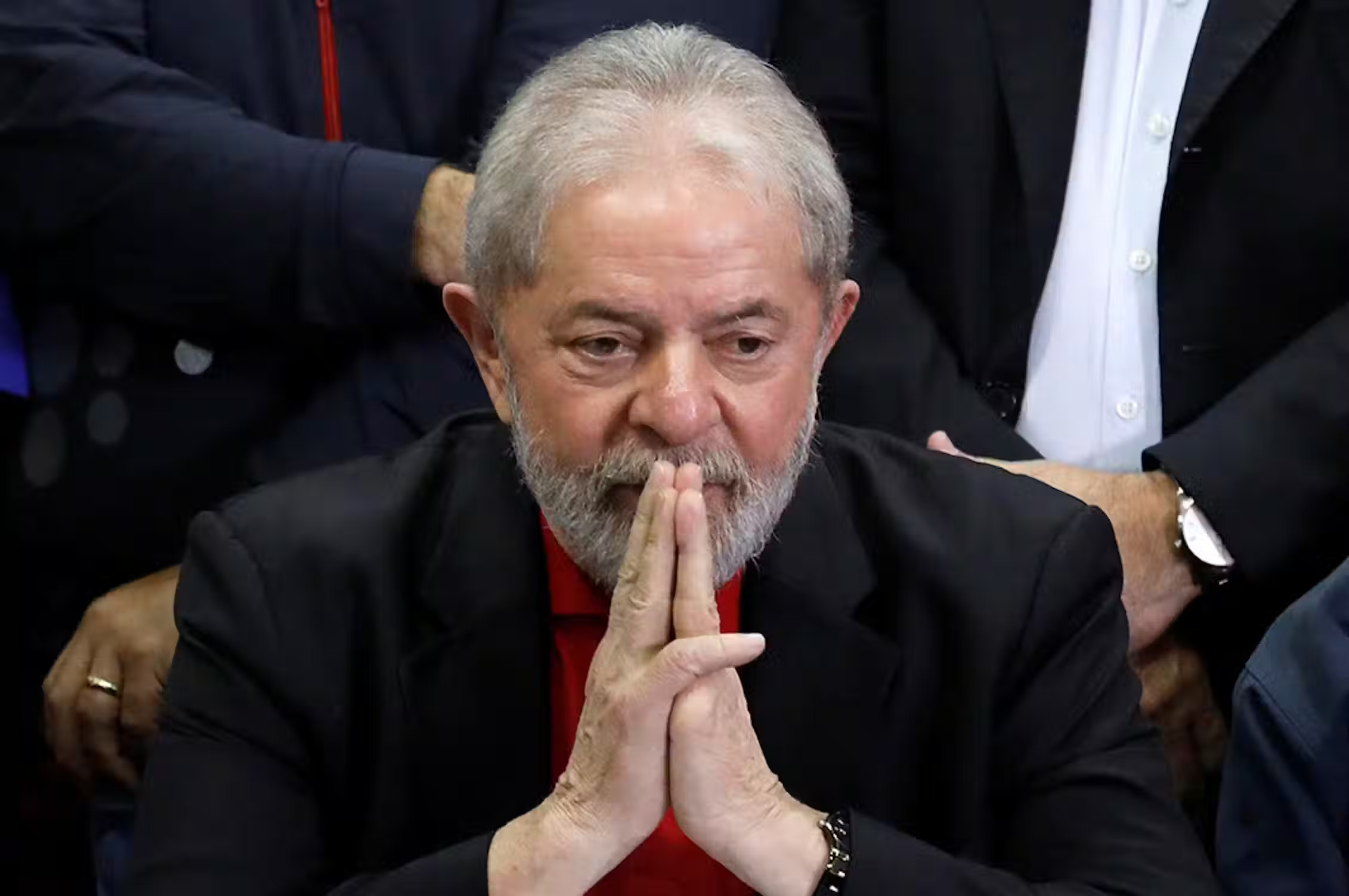(Opinion) In a strategic move, President Luiz Inácio Lula da Silva is poised to instigate a significant shift in his administration come August.
This shift encompasses a cabinet reshuffle, a novel federal investment program, and a concerted effort to bolster his popularity.
This reconfiguration of the government will witness the integration of the Centrão, a political group often considered the polar opposite of the president’s party.
Despite their contrasting political orientations, parties such as the PP and the Republicans are set to occupy crucial positions within the government, significantly altering the political landscape.
Analysts suggest that this new model of governance will ensure increased political predictability by merging party alliances and limiting autonomy.

This bold approach is not without its detractors, with critics arguing that it raises questions about the balance of power in government and whether it could lead to a heightened dependence on economic indicators for success.
The scenario calls to mind a political version of a high-stakes game, with parties trading positions for governmental support, seemingly unconcerned with programmatic focus.
Conversations with Centrão insinuate that everything is on the table for negotiation, even as Lula assures that the positions of PT party and left-wing allies will remain secure.
This unprecedented negotiation strategy undoubtedly hints at a transformative period for Brazilian politics.
However, there are potential pitfalls in this complex negotiation. Analysts warn of the possibility of turbulence if any agreements are violated.
Tensions around budget discussions and the pressing deadlines for approval further amplify the pressure on the government.
Arthur Lira’s influence over these negotiations and the increased power of Congress suggest a shift towards semi-presidentialism, challenging traditional executive-legislative dynamics.
With Lula’s administration aiming to reclaim some of the power ceded to the legislative branch, Brazilian politics appear to be entering a new era.
Lula’s administration underscores a pragmatic approach, focussing on consensus building in the economic sector while leaving social agendas in the hands of ruling parliamentarians.
This strategy raises concerns about the inherent anomalies of Brazilian presidentialism, which critics claim has led to a political system that is held hostage by Congress.
Despite these challenges, Lula remains determined to work with all willing parties.
His strategy to reboot the government has ironically received aid from his political adversary, Jair Bolsonaro.
Bolsonaro’s failed resistance to tax reform has inadvertently furthered Lula’s goals, resulting in increased divisions among right-wing parties.
The budgetary negotiations and political appointments reveal a landscape wherein influence is traded for support.
As Lula attempts to navigate this terrain, his administration could be seen as either resiliently adaptive or riskily ungrounded.
The balance will be decided by his capacity to satisfy the numerous interests at play and manage the politics of the Brazilian landscape.
However, if he successfully integrates the moderate right into his government, Brazil will be well-prepared for the unfolding events.
The task at hand is nothing short of establishing South America as an independent power in the ongoing poker game of the multipolar world, where geopolitical cards are being redistributed.
And who better suited than Brazil, the largest, most powerful, and influential country on the continent, to take the lead in assuming this role for the region.

